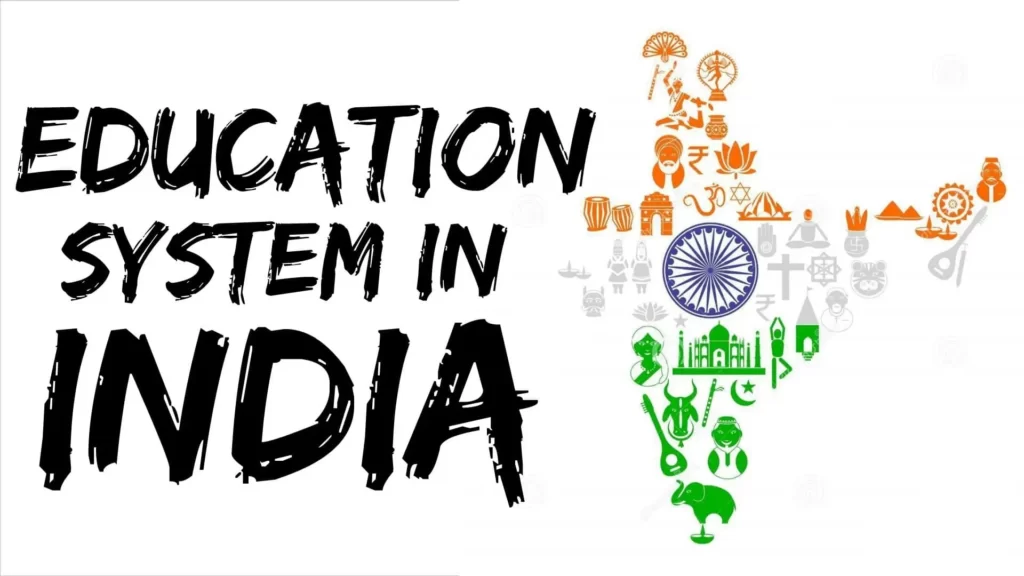
Indian Education System: Challenges and Concerns
The Indian education system, a vast and diverse structure, is a crucial pillar that supports the nation’s progress and development. While it has seen significant growth over the decades, there remain several pressing challenges that hinder its full potential. This article delves into the problems plaguing the Indian education system and examines their implications.
1. Rote Learning vs. Critical Thinking
One of the most pervasive criticisms of the Indian education system is its emphasis on rote learning. Students are often trained to memorize facts and figures rather than understand concepts. This approach stifles creativity, critical thinking, and problem-solving abilities. A system that prioritizes rote learning produces graduates who may excel in examinations but struggle in real-world scenarios requiring innovation and analytical skills.
2. Outdated Curriculum
The curriculum, in many instances, remains outdated and irrelevant to the needs of the modern world. There’s a significant time lag between when changes occur in various fields and when they are incorporated into textbooks and syllabi. This lag means that students are often not exposed to the latest developments, technologies, or global perspectives.
3. Inadequate Infrastructure and Resources
Many schools, especially in rural areas, lack basic infrastructure such as classrooms, libraries, and laboratories. Moreover, there is a severe shortage of qualified teachers, particularly in subjects like mathematics, science, and English. The absence of essential resources hampers effective learning and creates disparities in educational opportunities.
4. Assessment and Examination Pressure
The examination-centric approach places undue pressure on students to perform well in standardized tests. This pressure can lead to stress, anxiety, and mental health issues. Additionally, the focus on exams often means that other aspects of a child’s development, such as sports, arts, and extracurricular activities, are neglected.
5. Inequality and Accessibility
Despite various initiatives to promote inclusive education, disparities persist based on socio-economic status, gender, and geography. Many children, especially from marginalized communities, lack access to quality education. Moreover, the digital divide has become more pronounced with the shift towards online learning during the COVID-19 pandemic, further widening existing inequalities.
6. Lack of Vocational Training
The emphasis on academic education often overshadows the importance of vocational and skill-based training. A significant proportion of students completes their formal education without acquiring practical skills relevant to the job market, leading to unemployment or underemployment.
7. Commercialization of Education
The proliferation of private educational institutions, driven by profit motives, has led to the commercialization of education. High fees, coupled with the commodification of learning, have made quality education inaccessible to many. Moreover, the focus on commercial interests can compromise academic standards and ethical considerations.
8. Teacher Training and Development
The professional development of teachers is often overlooked, leading to a lack of motivation, outdated teaching methods, and inadequate classroom management techniques. Continuous training and support are essential to equip teachers with the necessary skills and knowledge to effectively engage with students and adapt to changing educational landscapes.
Conclusion
While the Indian education system has made significant strides in expanding access and improving literacy rates, there remain profound challenges that need urgent attention. Reforms focusing on promoting critical thinking, updating the curriculum, investing in infrastructure and teacher training, and addressing inequalities are crucial to building a more inclusive, relevant, and effective education system for the future. It is imperative to prioritize education as a fundamental right and invest in its holistic development to nurture the next generation of informed, skilled, and empowered citizens.



